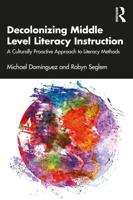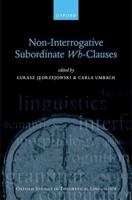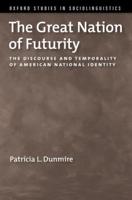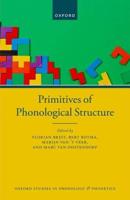Publisher's Synopsis
This book presents a new and controversial theory about dialect contact and the formation of new colonial dialects. It examines the genesis of Latin American Spanish, Canadian French and North American English, but concentrates on Australian and South African English, with a particular emphasis on the development of the newest major variety of the language, New Zealand English. Peter Trudgill argues that the linguistic growth of these new varieties of English was essentially deterministic, in the sense that their phonologies are the predictable outcome of the mixture of dialects taken from the British Isles to the Southern Hemisphere in the 19th century. These varieties are similar to one another, not because of historical connections between them, but because they were formed out of similar mixtures according to the same principles. A key argument is that social factors such as social status, prestige and stigma played no role in the early years of colonial dialect development, and that the 'work' of colonial new-dialect formation was carried out by children over a period of two generations. The book also uses insights derived from the study of early forms of these colonial dialects to shed light back on the nature of 19th-century English in the British Isles.Features:*Written by a leading and influential scholar in the field*The book raises controversial new issues in the study of dialect formation*Introduces the main processes involved in the development of colonial varieties.












